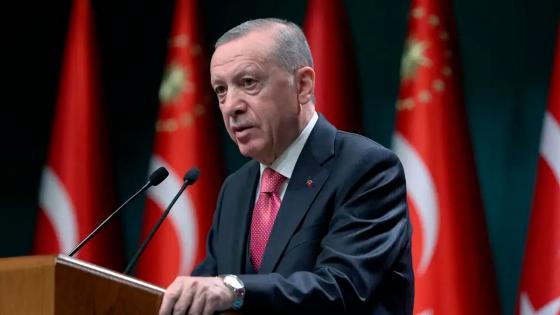The challenges he has faced as president
In 2013, a series of mass protests, which lasted for weeks, made it clear that a large part of Turkish society, the most urban and secular, was tired of attacks on press freedom, of religious morality increasingly affecting more to daily life and authoritarian drift.
But in the face of conciliation attempts from other senior officials, such as then-president Abdullah Gül, Erdogan opted for a strong hand and confrontation.
His role as the country’s only strongman increased after the 2016 coup attempt and a year later with a constitutional reform that transformed Turkey into a presidential system and gave Erdogan enormous executive powers.
At the same time, he was breaking with many of those who accompanied him when he came to power and surrounding himself with a new, younger and more fawning team.
Gül and former Foreign Minister Ali Babacan, co-founders of the AKP, as well as former Prime Minister Ahmet Davutoglu, left their posts and the party over disagreements with Erdogan, to the point that the latter two are now allied with Kiliçdaroglu.
In the last two years, Erdogan’s tendency to rule alone and decide everything has been noticeable in the economy, imposing a policy of reducing interest rates to encourage spending, production and employment, something that has contributed to the runaway inflation.
Now, with the lira at historic lows against the dollar and the euro, unemployment at 22.5% and inflation at 45% (although independent economists place it at more than double), Erdogan resorts to inaugurations of infrastructures and presentations of locally designed and manufactured weaponry to convince Turkey’s impoverished middle class of the country’s economic might.
Its last great test has been the earthquake that last February left more than 50,000 dead in the southeast of the country, which sparked criticism of the mismanagement of relief for victims and denunciations of urban corruption that has allowed thousands of buildings to be erected without a license.
However, although AKP votes in the parliamentary elections fell in the affected regions, Erdogan has continued to reap a percentage of votes very similar to the one he obtained in the 2018 elections.
